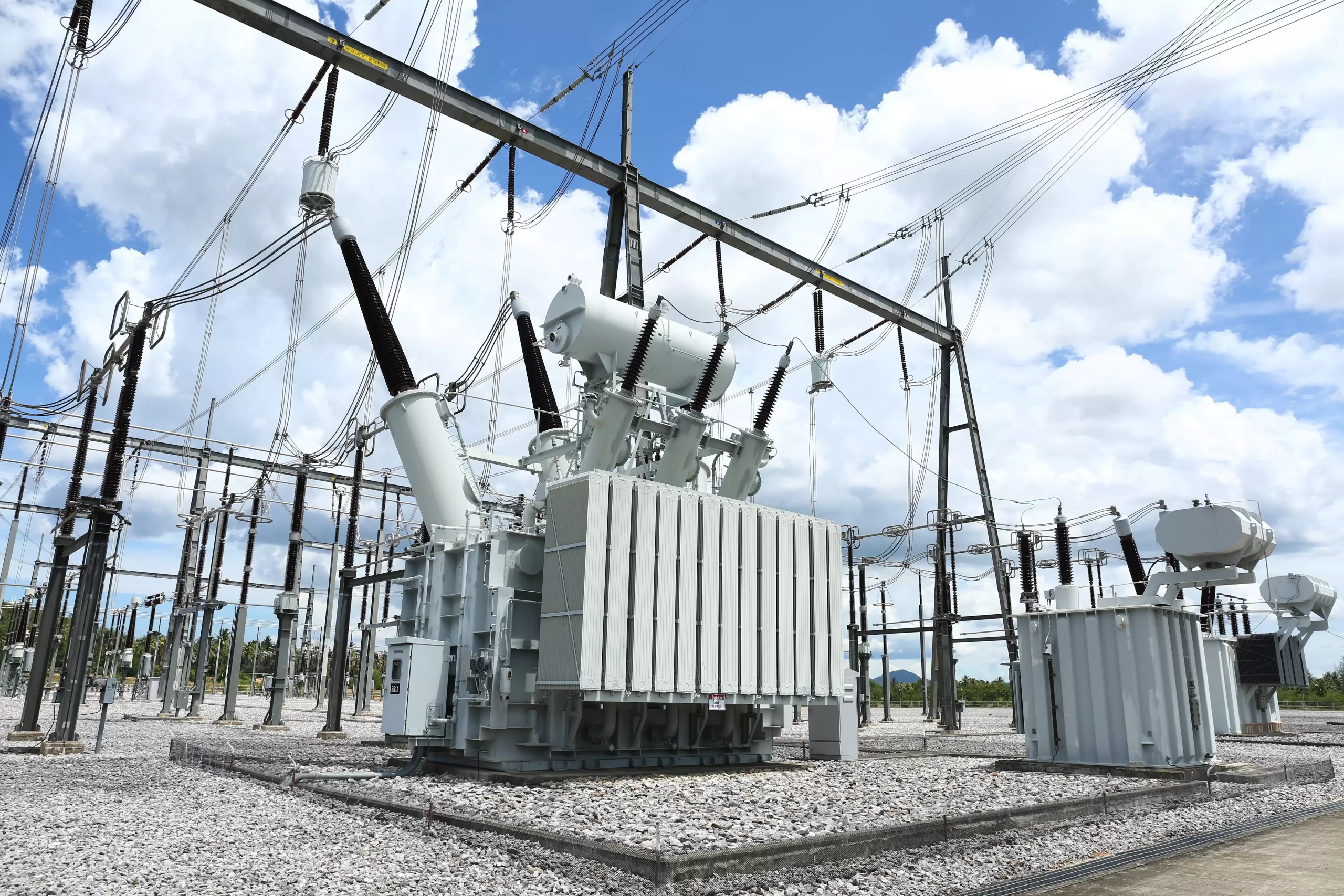The public utilities field is made up of several key companies in the US, while in other countries they are often government-owned.
The public utilities sector forms the backbone of modern civilization, providing essential services such as electricity, natural gas, water, and waste management. These services are critical to both households and industries, ensuring that communities function efficiently and safely.
Companies operating in this field are typically heavily regulated due to the vital nature of their services. They often maintain monopoly status within specific regions, guaranteeing consistent delivery and fair pricing for consumers.
Public utilities are divided into several key categories: electric power, natural gas, water supply, and telecommunications. Within each, large corporations and regional providers play central roles in maintaining infrastructure and ensuring reliable service.
The Role of Public Utilities Companies in the Economy
Public utility companies are unique because their operations combine private enterprise with public oversight. Governments regulate these entities to prevent price gouging and to ensure quality and availability of services.
Many utility companies operate as publicly traded corporations, giving investors access to stable, dividend-paying stocks. Others remain publicly owned by municipalities or cooperatives, especially in smaller communities.
The sector is also a key player in the global transition to renewable energy, as companies adapt traditional power generation to include solar, wind, and hydroelectric systems.
Major Electric Power Companies
The electricity sub-sector represents the largest and most visible segment of public utilities. Prominent companies in this field include Duke Energy, NextEra Energy, Southern Company, Dominion Energy, and Exelon Corporation.
Duke Energy, based in North Carolina, serves millions of customers across the southeastern and midwestern United States. It operates a diverse energy portfolio that includes natural gas, coal, and renewable sources.
NextEra Energy, headquartered in Florida, is the world’s largest producer of wind and solar energy. It also owns Florida Power & Light, one of the most reliable electric utilities in the U.S.
Southern Company, operating mainly in the southeastern U.S., provides both electric and gas services. It has made major investments in nuclear and renewable energy projects.
Dominion Energy, based in Virginia, supplies electricity and natural gas to several states along the East Coast. The company is known for its focus on grid modernization and clean energy initiatives.
Exelon Corporation, headquartered in Chicago, operates some of the largest nuclear power plants in the country and provides electricity to millions through subsidiaries such as Commonwealth Edison and PECO Energy.
These companies collectively illustrate how the electric utility industry blends legacy infrastructure with modern, sustainable technologies.
Leading Natural Gas Providers
Natural gas utilities play an equally vital role in powering homes, businesses, and industries. Key players in this segment include Sempra Energy, Atmos Energy, National Grid, and CenterPoint Energy.
Sempra Energy, based in California, operates utilities such as San Diego Gas & Electric and SoCalGas, serving millions of customers. It is also expanding its footprint in renewable natural gas and liquefied natural gas (LNG) exports.
Atmos Energy, headquartered in Dallas, is one of the largest natural gas distributors in the United States, focusing on safe pipeline operations and long-term infrastructure investments.
National Grid, a British multinational, provides both electricity and gas services across the United Kingdom and parts of the northeastern U.S.
CenterPoint Energy, based in Houston, offers electricity and natural gas distribution to several states, with a strong emphasis on energy efficiency programs.
These firms form the core of natural gas distribution, supporting both domestic energy security and industrial output.
Water and Waste Management Companies
Water utilities are fundamental to public health and sanitation. Companies like American Water Works, Veolia Environnement, and Essential Utilities lead this essential service area.
American Water Works, the largest publicly traded water and wastewater utility in the U.S., operates in more than a dozen states. It focuses on ensuring safe, clean, and reliable water supply through significant infrastructure investment.
Veolia Environnement, headquartered in France, is a global leader in water management, waste treatment, and energy services. The company serves municipalities and industries around the world.
Essential Utilities, formerly known as Aqua America, provides regulated water and wastewater services across multiple U.S. states and has expanded into natural gas distribution.
These companies are vital for maintaining sustainable water systems and addressing challenges such as aging infrastructure, pollution, and climate change.
Telecommunications and Energy Transmission Firms
While telecommunications is often categorized separately, it shares similarities with traditional utilities in its public service function. Companies such as AT&T, Verizon, and Comcast play critical roles in providing communication infrastructure that supports both economic activity and emergency services.
Additionally, energy transmission firms like Consolidated Edison and National Grid manage large-scale networks that distribute power and gas efficiently across states and regions. These networks are essential for balancing supply and demand across modern grids.
The Growing Importance of Renewable Utilities
As governments push for cleaner energy, many traditional utility companies are transforming their operations. Firms like NextEra Energy, Iberdrola, and Enel are now leaders in renewable power generation, investing heavily in solar farms, wind parks, and grid-scale battery storage.
This shift not only reduces carbon emissions but also redefines the long-term competitiveness of public utilities. Consumers increasingly expect environmentally responsible energy, and regulatory frameworks are evolving to encourage sustainable investment.
Overview of Companies in the Public Utilities Field
The public utilities field is home to some of the most important and stable companies in the global economy. From electricity and natural gas providers like Duke Energy and Sempra Energy to water specialists such as American Water Works and Veolia, these organizations deliver essential services that underpin daily life.
As technology advances and the world transitions toward cleaner energy, the sector continues to evolve. Public utility companies are not only maintaining critical infrastructure but also leading the shift toward sustainability, reliability, and innovation for future generations.




